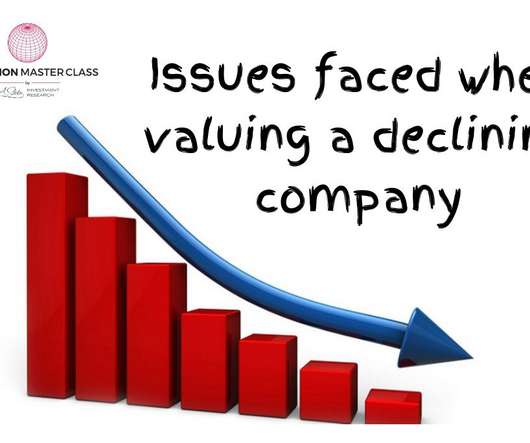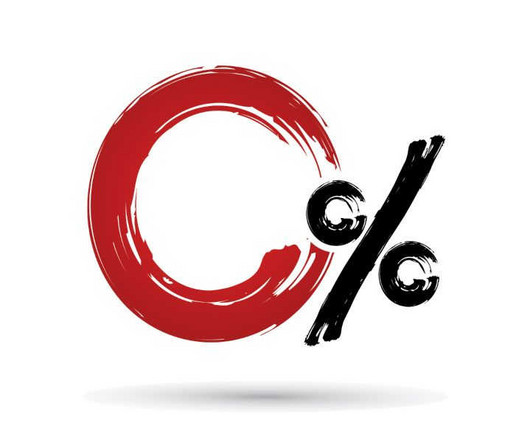Issues faced when valuing a declining company
Andrew Stolz
MAY 8, 2020
When used to value a declining company, analysts will face special challenges as the characteristics of a declining company will cause some of the valuation model’s assumptions to break down. Issues when using a discounted cash-flow method. This action will cause fluctuations in the overall value of equity and debt ratio.












Let's personalize your content